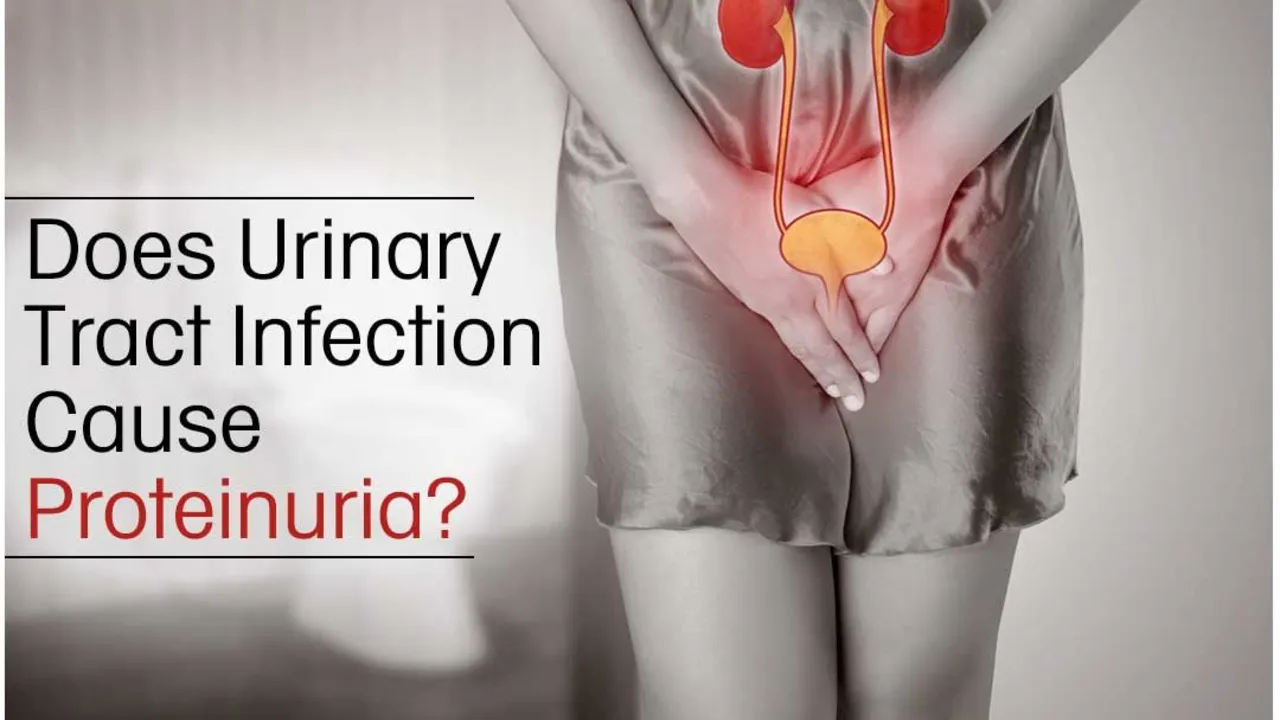Urinary discomfort — what it feels like and what to do now
Urinary discomfort can mean burning, pressure, urgency, or pain when you pee. It can be annoying or downright scary. The good news: many causes are treatable, and simple steps often ease symptoms fast. Below you'll find clear, practical advice for figuring out what's going on and how to feel better while you wait for proper care.
Common causes and quick clues
Think about when the pain started and what else is happening. A sharp burning with a sudden strong urge to urinate often points to a urinary tract infection (UTI). A slow, dull pressure in the lower belly can be bladder irritation, stones, or muscle tension. If you have fever, chills, or back pain, that raises concern for a kidney infection—get medical help quickly.
Other causes include medications (some antihistamines or older antidepressants can cause urinary retention), vaginal irritation or infections, an overactive bladder, or prostate problems in men. Recent sexual activity, catheter use, or a history of kidney stones also changes the odds toward specific causes.
Fast relief steps you can try safely
Drink water. It helps flush bacteria and dilutes irritating urine. Avoid caffeine, alcohol, spicy foods, and citrus until things improve — these make burning worse. A warm heating pad on the lower belly can relax muscles and reduce pain.
For symptom relief, phenazopyridine (Pyridium) can ease burning and urgency for a day or two, but it doesn't treat infection — use it only while you arrange care. Never delay seeing a clinician because a pill masks symptoms.
If your symptoms started after taking a new medicine, check with your pharmacist or doctor about side effects. Some drugs cause trouble starting or finishing urination; switching or adjusting the dose may help.
Pelvic floor tension causes pain for many people. Simple pelvic floor relaxation exercises or a few sessions with a pelvic floor physiotherapist can make a big difference if you feel tightness rather than burning.
When to see a doctor: severe pain, fever, blood in urine, little or no urine output, or symptoms that don't improve within 48 hours. For women with frequent UTIs or anyone with repeated problems, ask about testing, preventive options, and using a urine culture to pick the right antibiotic.
Prevention tips that actually work: stay hydrated, urinate after sex, avoid harsh soaps or douches, treat constipation, and review your meds with a clinician if you have new urinary trouble. If you're a veteran or have stress-related urinary symptoms, there are targeted treatments like flavoxate that can help with bladder spasms — our site has an article explaining how flavoxate works in that situation.
If you're unsure what's behind your discomfort, get tested. A quick urine dipstick or culture and a short chat with a clinician will usually point you in the right direction. Act early and you'll often avoid worse problems down the road.
Hey guys, let's talk about something a lot of us shy away from - bladder pain. I've been diving deep into the reasons our bladders can cause us grief, the symptoms that cry out for attention, and the treatments we can explore to get relief. From infections to irritations, it's essential to understand what our bodies are trying to tell us and take action. In this post, I'll share the knowledge I've gathered, so you feel empowered to tackle bladder pain head-on. So, sit back as we unravel this uncomfortable topic together.
